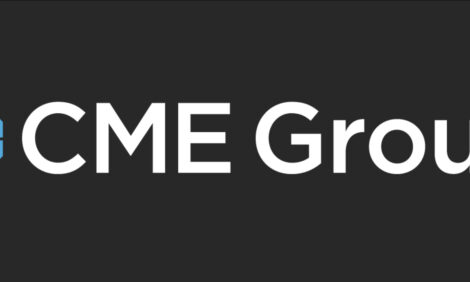



Study shows preconditioning beef calves pays
UNITED STATES - Findings from an 11-year study published on Nov. 1 in the Journal of the American Veterinary Medical Association (JAVMA) show producers who precondition beef calves at the ranch of origin consistently receive more per hundredweight for their calves than producers who do not precondition.In fact, calves in the most intensive certified health program received premiums ranging from $2.47 per hundredweight in 1995 to as high as $7.91 per hundredweight in 2004. According to the study sponsored by Pfizer Animal Health, data compiled by Colorado State University and collected through Superior Livestock Video Auctions shows that beef calves in the two most intensive certified health programs sold for significantly higher prices than similar calves that were not in a certified health program, had not been vaccinated against respiratory tract viruses and were not weaned before delivery.
“Producers have long asked the question, ‘Does preconditioning pay?’” said Jon Seeger, DVM, Pfizer Animal Health. “The information collected at Superior Livestock Auction over the past 11 years shows that it does, and Pfizer is proud to have collaborated on this peer-reviewed study which brings producers the assurance that their investment in preconditioning indeed can provide a positive impact on their bottom lines.”
In addition, the study shows that the trend toward preconditioning has increased steadily over time. The percentage of lots sold in which calves received the highest level of preconditioning increased from 3 percent in 1995 to 26.8 percent in 2004, an eightfold increase. Not surprisingly, the percentage of calves not receiving a vaccine against respiratory tract viruses prior to leaving the ranch of origin decreased from 44.7 percent in 1995 to only 3.9 percent in 2005.
Source: The Praire Star


